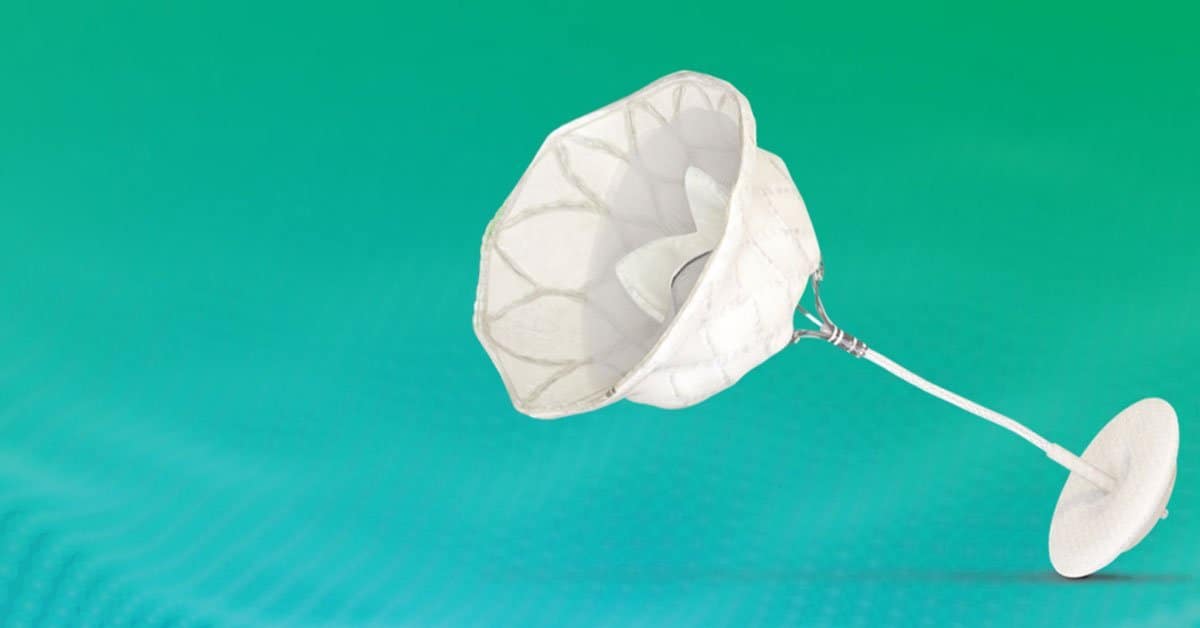A new JAMA Cardiology study suggests that many hypertension patients could benefit from beginning their treatment with “polypills” featuring a combination of three or four low-dose antihypertensives, rather than starting with one or two BP-lowering agents and escalating if they don’t prove effective.
The researchers analyzed seven diverse trials with 1,918 patients (avg age: 59yrs; 38% women), including four studies testing three-component polypills and three studies testing four-component polypills. Across the trials’ 4-12 week follow-up periods, patients who took the polypills achieved…
- Greater systolic BP reductions versus monotherapy or usual care (avg: -7.4 mm Hg)
- Greater systolic BP reductions versus placebo (avg: -18.0 mm Hg)
- A higher rate of participants with BPs below 140/90 mm Hg versus with monotherapy or usual care (66% vs. 46%)
- A higher rate of participants with BPs below 140/90 mm Hg versus with placebo (54% vs. 18%)
- Consistent improvements across the seven trials, even though they all used different drugs at different doses
Polypills’ benefits appeared to improve over time. Two of the trials showed that patients in the polypill groups were also more likely to keep their BPs below 140/90 mm Hg at 6 to 12 months compared with patients in the monotherapy and usual care groups (72% vs. 59%).
The downside was polypill patients were more likely to experience dizziness than the other groups (14% vs. 11%), but there were no significant differences in other adverse reactions (e.g. edema, MSK pain, headache, major events) or treatment withdrawals.
These results might not surprise many Cardiac Wire readers, noting the results of the source studies and the general consensus that using multiple hypertensives in a single pill is more clinically and behaviorally effective, while using low doses of each component generally avoids adverse reactions. We’ve also seen similar results for other CVD polypills
The Takeaway
This study review adds to the growing field of evidence supporting the early use of antihypertensive polypills, particularly showing how well their efficacy and safety generalized across the different studies. However, as detailed in this TCTMD article, evidence is only one of the barriers to widespread BP polypill adoption, and we’ll likely need greater medication availability and more evidence regarding patient risk before we see real progress.






